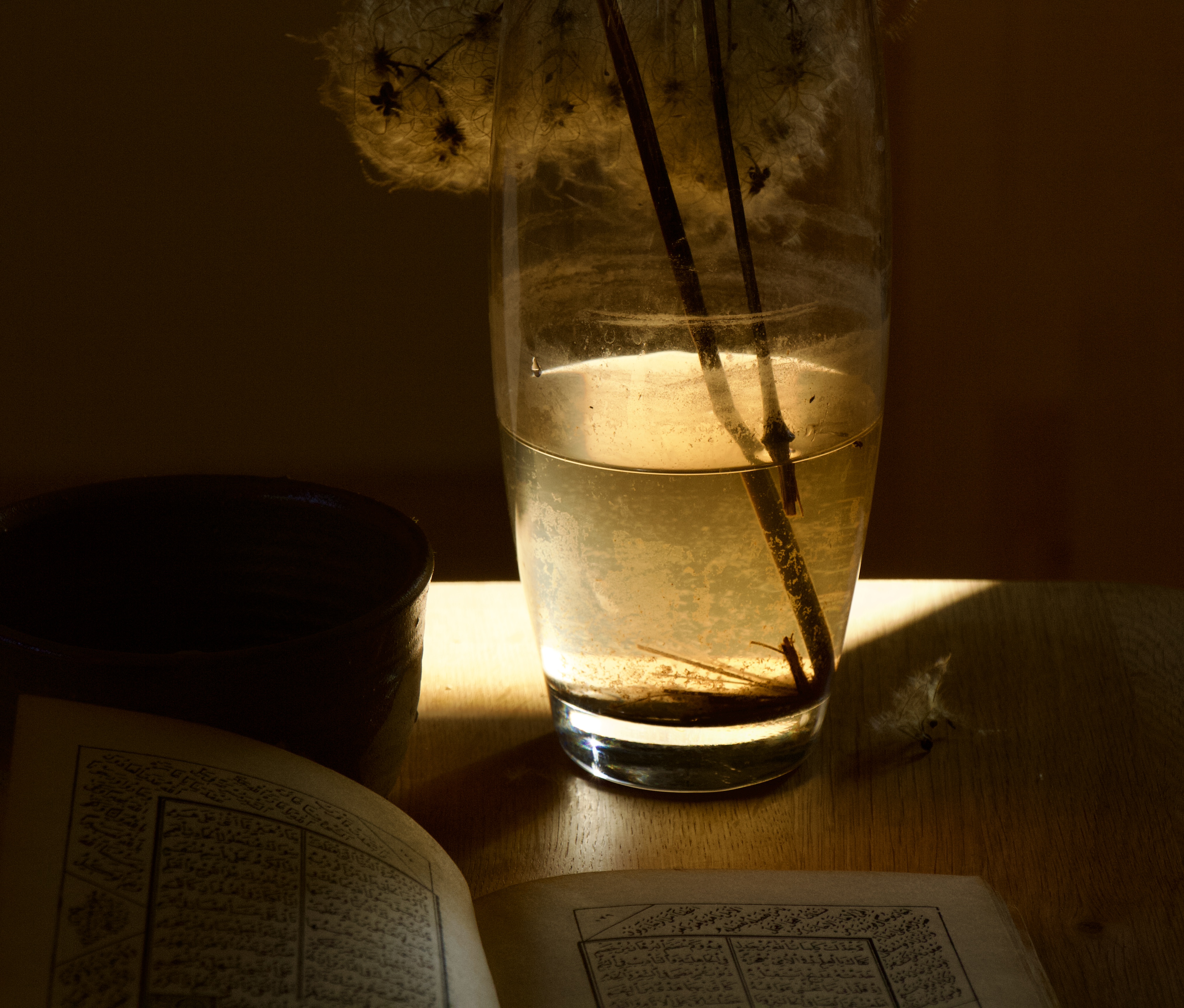Chapter 3
![]()
Plant a tree, even if you saw the world ending, is a gist of an advice given by the Prophet. Local beekeepers take its wisdom to heart. They plant avidly their apiaries and guerrilla-garden wild and abandoned land near their hives. Still, planting for the bees’ sake can no longer secure honey. Trees and shrubs once known for copious nectar flow and rich pollen yields are now behaving strangely. Blooming schedules are off, floral scents seem to be waning or, else, apparently fragrant, flashy flowers fail to attract insects’ attention. Struggles of the local, small-scale beekeepers who are passionate planters suggest that conserving wild habitats, fostering biodiversity, and regulating the use of pesticides--all of which are worthwhile and highly needed initiatives across the world--are increasingly inadequate strategies to keep the bees, in the face of warming climate. Simply put, local bees depend on sugar-based food substitutes to survive, despite the fact that they live and forage in lush, diverse, blooming landscapes. Thinking through the Islamic sources and local apiarists’ and gardeners’ experience, this chapter wonders why plant on the Eve Apocalypse?
Planting on the Eve of Apocalypse. The Prophet’s Advice
In our mother’s garden, the spring has arrived. March 2023.
Plant a tree, even if you saw the world ending, is a gist of an advice given by the Prophet. Local beekeepers take its wisdom to heart. They plant avidly their apiaries and guerrilla-garden wild and abandoned land near their hives. Still, planting for the bees’ sake can no longer secure honey. Trees and shrubs once known for copious nectar flow and rich pollen yields are now behaving strangely. Blooming schedules are off, floral scents seem to be waning or, else, apparently fragrant, flashy flowers fail to attract insects’ attention. Struggles of the local, small-scale beekeepers who are passionate planters suggest that conserving wild habitats, fostering biodiversity, and regulating the use of pesticides--all of which are worthwhile and highly needed initiatives across the world--are increasingly inadequate strategies to keep the bees, in the face of warming climate. Simply put, local bees depend on sugar-based food substitutes to survive, despite the fact that they live and forage in lush, diverse, blooming landscapes. Thinking through the Islamic sources and local apiarists’ and gardeners’ experience, this chapter wonders why plant on the Eve Apocalypse?
